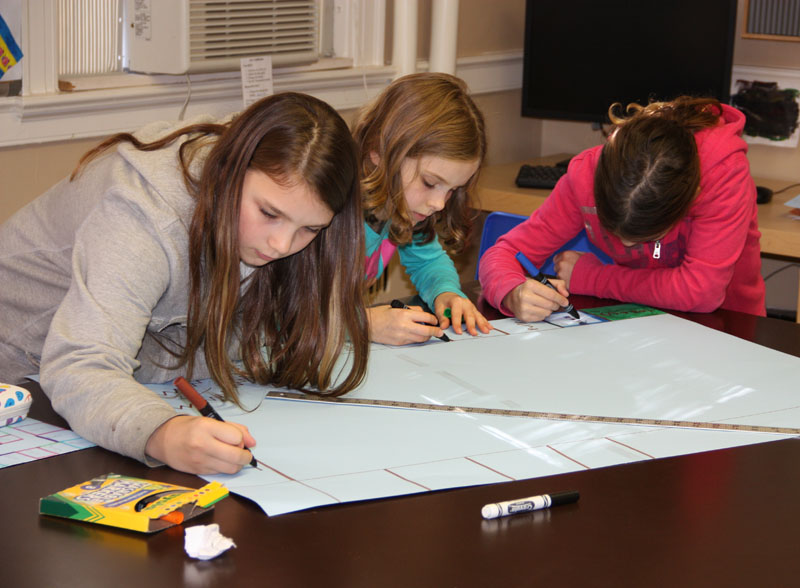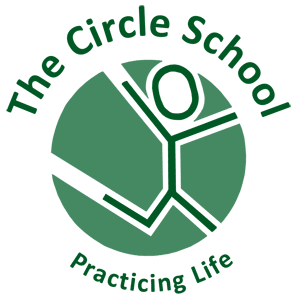There are three 10ish-year-olds at the kitchen booth doing homework. “I have SO MUCH homework,” they keep saying. They’ve made two bags of microwave popcorn between them, covered the table in paper towels, and poured the popcorn out into a huge pile. They are munching on popcorn, busily and happily chattering about Español, math, and first aid. Every so often, one of them asks a question about how to say or spell “I speak” or “I don’t understand” in Spanish, and the others respond with their partial knowledge, and they talk through it, but don’t ask me, sitting a few feet away, though they know I have the answers. Once, when I hear them say, “We’ll ask Beth later,” I can’t help but interject with the spelling of the Spanish word for English. They thank me politely and their pencils scurry across their papers, but they don’t ask me the next question, either. After I walk away, I realize I got it wrong, combining French and Spanish, and return to tell them of my error. They thank me politely again, and, having moved on to multiplication, pull out their Spanish pages to make the correction. Then back to the math, up on their knees and toes on the benches, huddled over the worksheets with interest and excitement and for some reason, a twinkle of mischievous delight over their faces.

Designing a math-based board game.
I realize after watching for a moment that the twinkle is not mischief, but the sparkle of play. They’re playing homework. It is a real study session, but they’re also using their voluntary homework as a prop in a fantasy scenario, acting out what they must imagine “real” homework to be like. It does look to me something like a college study session, but just as playing house is a lot more fun than doing the dishes and the laundry and mopping the floor, playing homework is a lot more fun than memorizing multiplication tables. Then again, they really *are* memorizing multiplication tables, even while they’re playing. This is the thing parents and teachers everywhere dream of and work for, that elusive intersection between learning and fun, but here, it didn’t require any intervention — just the opposite.

Thanks for this Julia! This is just the sort of post that can be useful in helping relatives understand in a brief format how some of the learning happens at Tcs.
I agree with Caren. This short story is a great way to provide an explanation to other about how effective Circle School is in its
“teaching” style. Thanks again Julia!
Thank you, Latisha! Glad you enjoyed them!